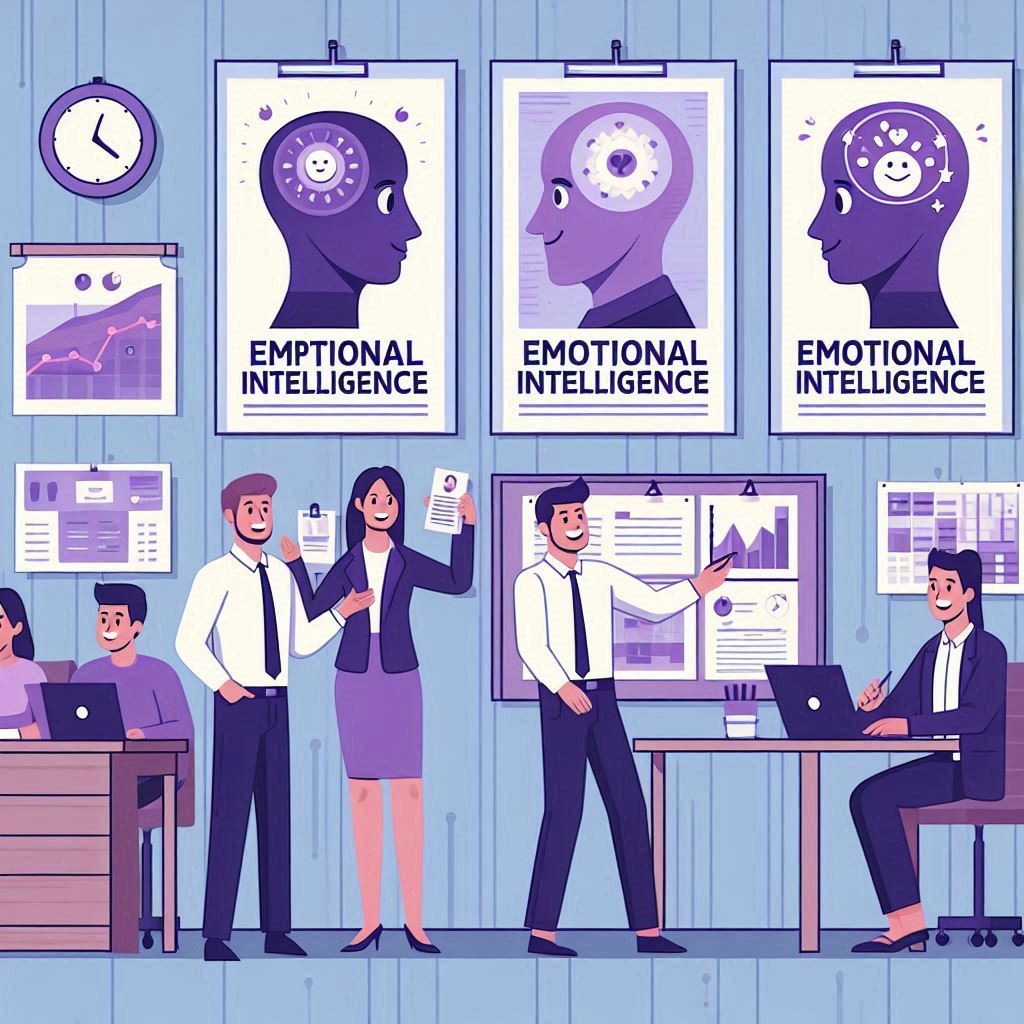The AI Bias Trap: Can HR Tech Ensure Fair Hiring?

In 2018, Amazon scrapped an AI recruitment tool after discovering it systematically downgraded resumes containing the word “women’s” (e.g., “women’s chess club captain”) and penalized graduates from all-female colleges. This incident epitomizes a critical paradox: Can machines designed to eliminate human bias instead become architects of institutionalized discrimination?
The Promise: AI as a Bias Corrector
Proponents argue AI-driven tools like applicant tracking systems (ATS) can standardize hiring by removing subjective human judgments. Over 55% of hiring managers now use AI recruitment tools to process thousands of resumes efficiently. As Gallup notes, “AI is great at cognitive thinking but terrible at ethical thinking” – a dichotomy that fuels both hope and skepticism.
Theoretically, algorithms could override implicit biases by focusing on skills and experience. For example, anonymizing resumes by removing names and photos might reduce racial or gender bias. Yet, as we’ll see, theory often collides with messy reality.
The Peril: How Algorithms Amplify Prejudice
AI doesn’t invent bias – it mirrors and magnifies existing societal inequities:
Gender: Amazon’s tool learned from a decade of male-dominated tech resumes, equating masculinity with competence.
Race: Facial recognition systems like Face++ assigned Black men more “negative” traits than white men in hiring assessments.
Age: Algorithms trained on data favoring younger employees may sideline experienced candidates for “culture fit”.
“Machine learning algorithms often involve systematic bias, causing unethical hiring practices,” warns Forbes. Even well-intentioned systems falter. An e-commerce giant abandoned an AI hiring tool after it penalized terms like “women’s coding club”.
The Gallup Warning: When Ethics Lag Behind Technology
Gallup’s research reveals a troubling gap: Fewer than 40% of European employees trust their company to “never lie to customers”. This distrust extends to AI ethics. As organizations race to adopt HR tech, Gallup argues they’re neglecting a critical component: “cultures of ‘doing the right thing’ for its own sake”.
Compliance-focused approaches fail because AI evolves faster than regulations. For instance, U.S. laws still permit life insurers to use genetic data – a loophole AI could exploit before policymakers react. Ethical decision-making must become a collective responsibility, not a checkbox exercise.
Navigating the Minefield: Strategies for Ethical AI in HR
Transparent Algorithms
SHRM advocates for explainable AI: “Auditors should scrutinize decision-making processes through documentation and visualization dashboards”. New York City’s 2023 law requiring AI hiring audits sets a precedent
Diverse Training Data
Curating datasets that represent all demographics helps mitigate bias. SHRM recommends “purging data of discriminatory proxies like names and ZIP codes”.
Continuous Human Oversight
Gallup stresses that “everyone needs to be on the ethics team”. Regular audits and “bias bounty” programs can identify flaws before they harm candidates.
The Human Factor: Can We Outsource Morality to Machines?
The central dilemma remains: AI lacks a moral compass. As Gallup poignantly asks, “Should we treat robots humanely?” – a question that ironically underscores our own humanity.
HR algorithms are neither saviors nor villains. They’re mirrors reflecting our values – and our failures. The solution lies not in perfecting machines, but in building organizational cultures where ethics permeate every decision. As Forbes cautions, “Failure to monitor recruitment values risks reputation loss”. In the end, technology can’t absolve us of accountability – it only amplifies the consequences of our choices.
Conclusion
“The real question isn’t whether machines can be fair. It’s whether we’ll demand fairness from ourselves.
References
https://www.gallup.com/workplace/238157/expert-ethical-decisions-era.aspx
https://www.forbes.com/sites/karadennison/2022/06/27/are-ai-recruitment-tools-ethical-and-efficient-the-pros-and-cons-of-ats/
https://www.shrm.org/in/topics-tools/news/blogs/algorithmic-bias-in-hr-tech–addressing-discrimination-in-automa









